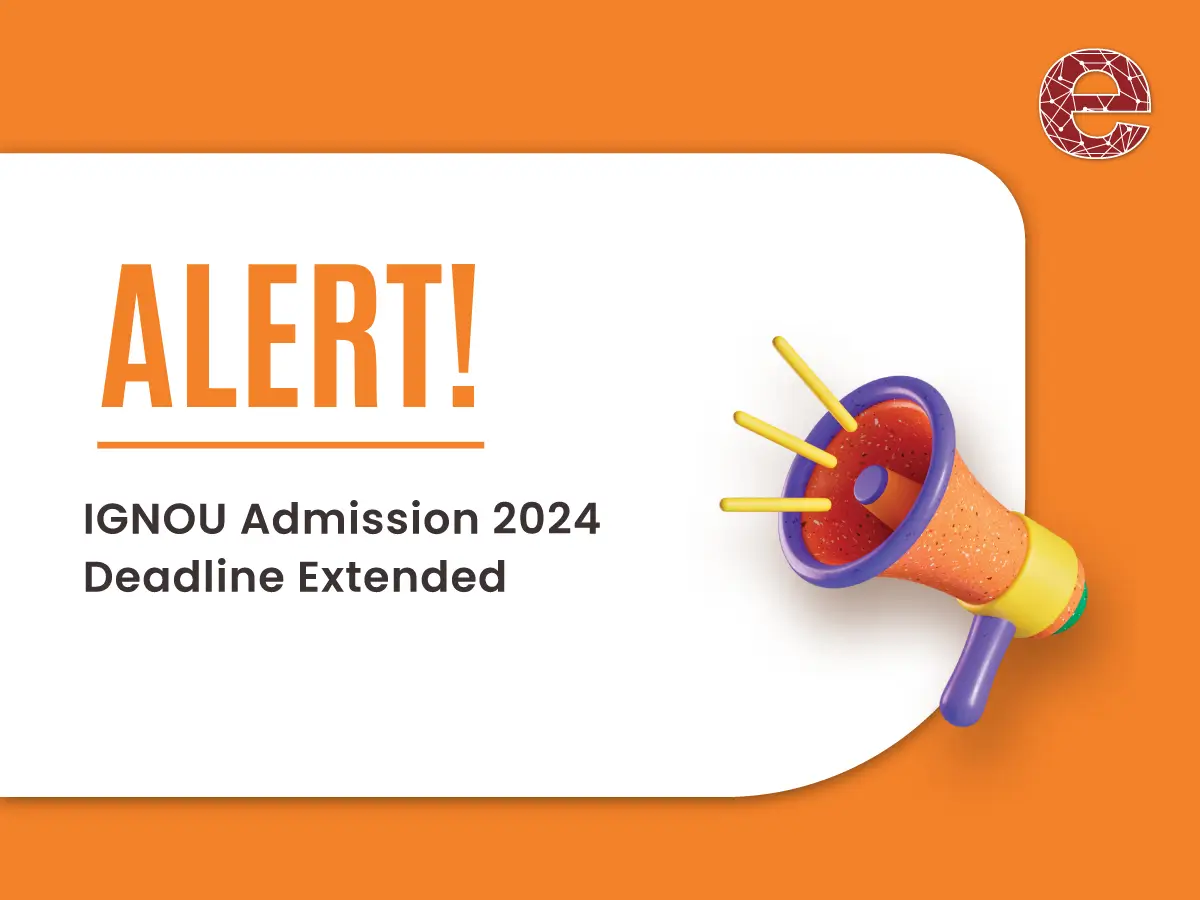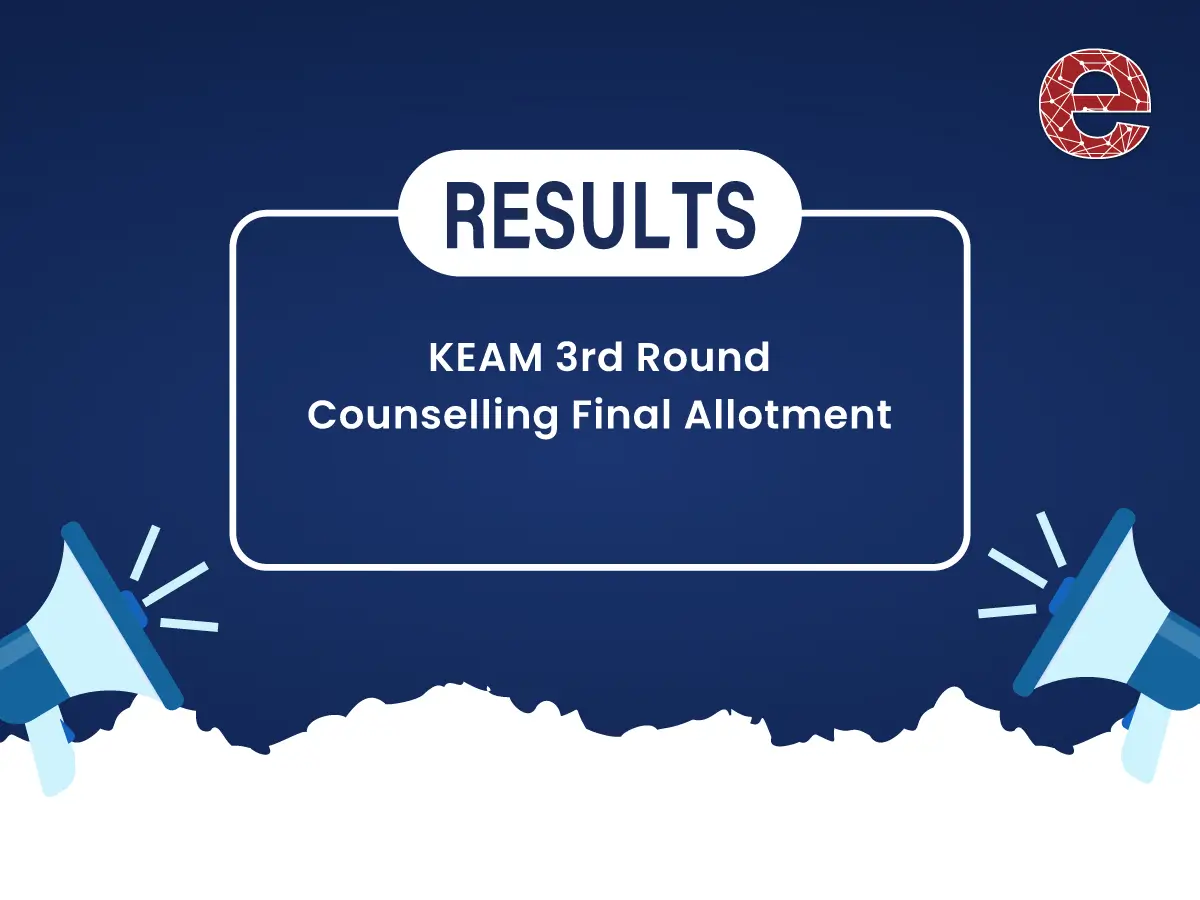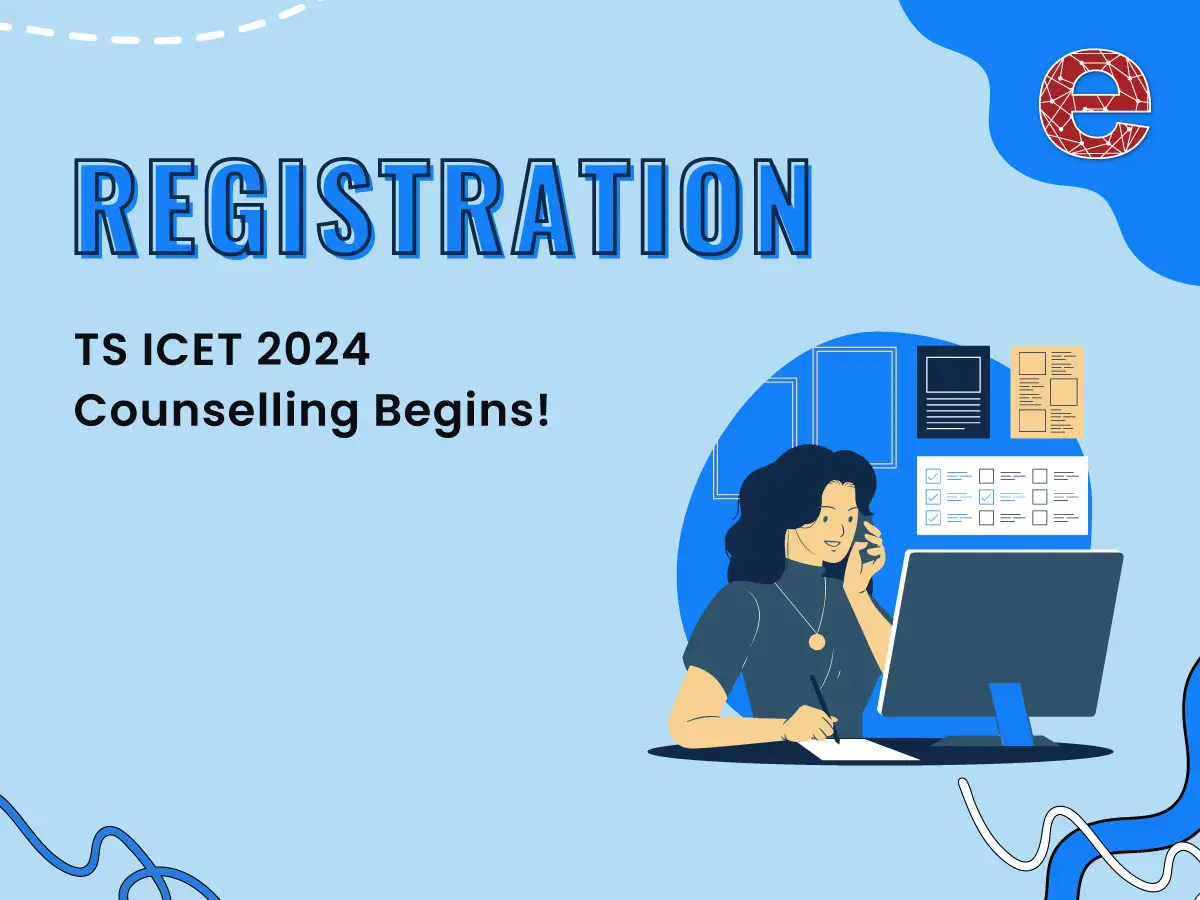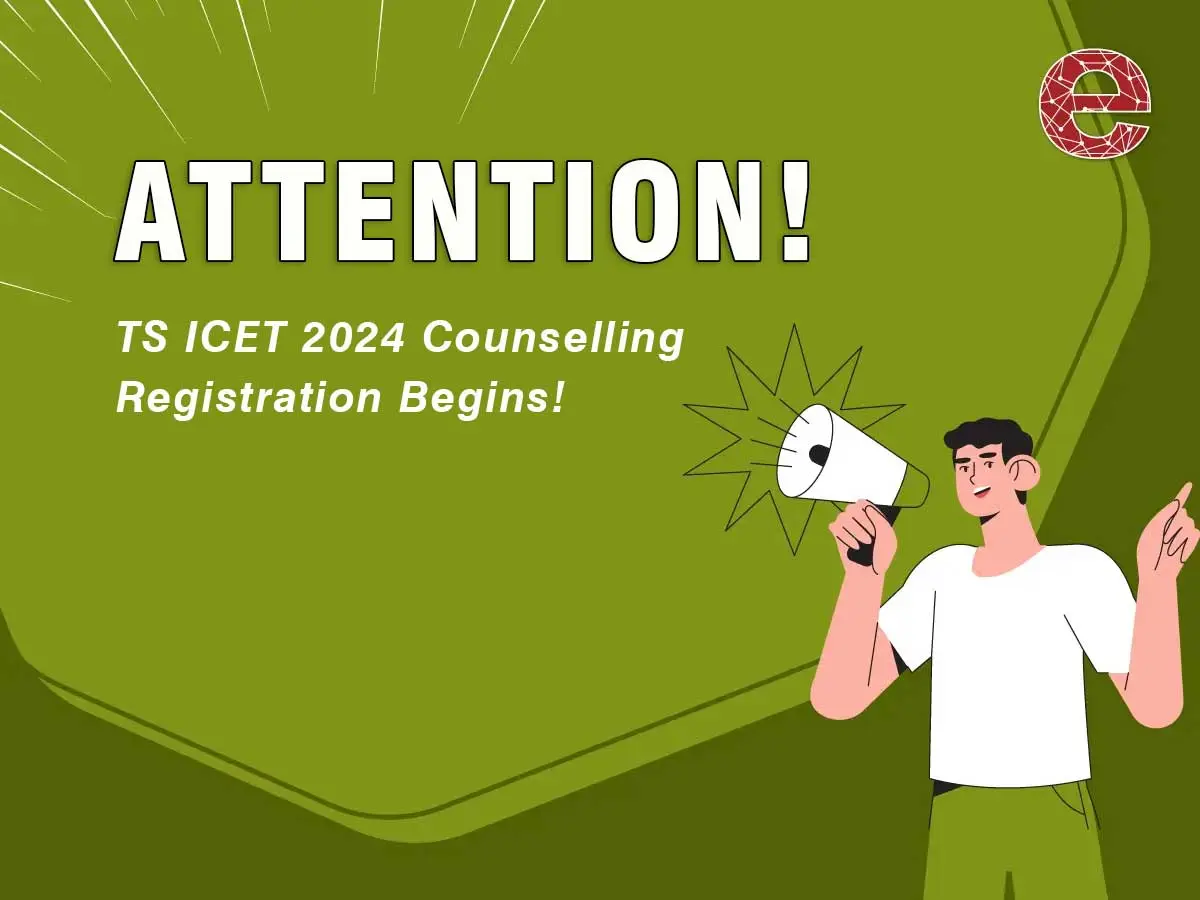The New Educational Reform: Happiness Curriculum in Jaipuria Institute
Campus News
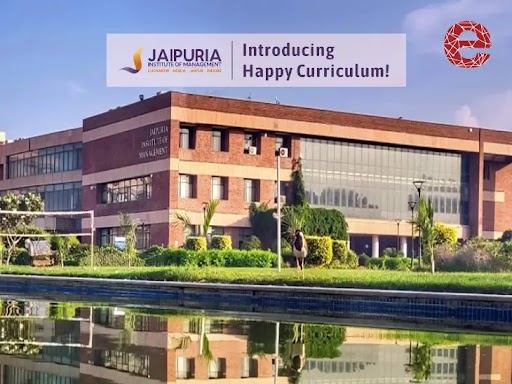
In recent years, the educational institute has emphasised its pupils' holistic growth, well-being, and happiness.
This tendency has resulted in the development of a happiness curriculum in numerous educational institutions. The curriculum aims to instil critical life skills, enhance mental and emotional well-being, and foster a positive outlook on life in pupils.
Dr Prabhat Pankaj, Director of Jaipuria Institute of Management, said, "In the modern educational landscape, student stress has become a concerning reality, especially in the post-pandemic time where the symptoms of stress, anxiety, negativity, and loss of general well-being have surfaced in a big way, and they are the real concerns for the academics. Stress levels are already very high in India and much higher compared with the US, the UK, Germany, France, China, Brazil and Indonesia."
Jaipuria Institute of Management is one of the few educational institutions in India that has adopted the concept of implementing a happiness curriculum into its academic programs.
The happiness curriculum at Jaipuria Institute of Management is more than just theoretical. It is a practical approach that promotes students' resilience, emotional intelligence, and leadership skills. Through skill-building workshops and self-assessment exercises, students can apply these skills in real-life situations, enhancing their personal and professional development.
Dr Pankaj describes the Happiness Curriculum as a skill-building program comparable to other skill development projects such as team building, leadership, resilience, and emotional intelligence. The curriculum views happiness as a skill that can be developed. A capacity-building programme was also built around it, which discussed boosting people's ability to be happy.
The Happiness Programme at the Jaipuria Institute of Management has three main pillars:
Developing a perspective: This is done through introduction sessions and workshops on a happy life. Students are introduced to research-based strategies for maintaining a healthy body and mind and the interrelationship between the two. The course guides participants through an exercise in self-awareness and life purpose development.
The second pillar is founded on mindful practices, including meditation, yoga, alpha-time vibration exercise, day-reconstruction exercise, and gratitude practices. These highly effective and powerful methods have helped pupils reduce stress and improve focus, resulting in more positive evaluations of life.
The third pillar is the use of technology-based interventions. The institute has established a Happiness Laboratory, which uses an electro-photonic imaging camera to scan the energy flow in the body. It generates a report on stress levels and 7-chakra placement. The calibration software generates a 20-page report, which is used to schedule individual counselling sessions for pupils.
Furthermore, the changes due to learning and practice are analysed and communicated to pupils.
It is also vital to note that teamwork is essential to the corporate world. As a result, if students develop gratitude, empathy, and compassion, they will be better prepared to thrive in an interdependent world. As the positive influence of the happiness curriculum becomes more apparent, it is positioned to play a critical role in influencing the future of education and the well-being of students worldwide.
- Jaipuria Institute of Management






